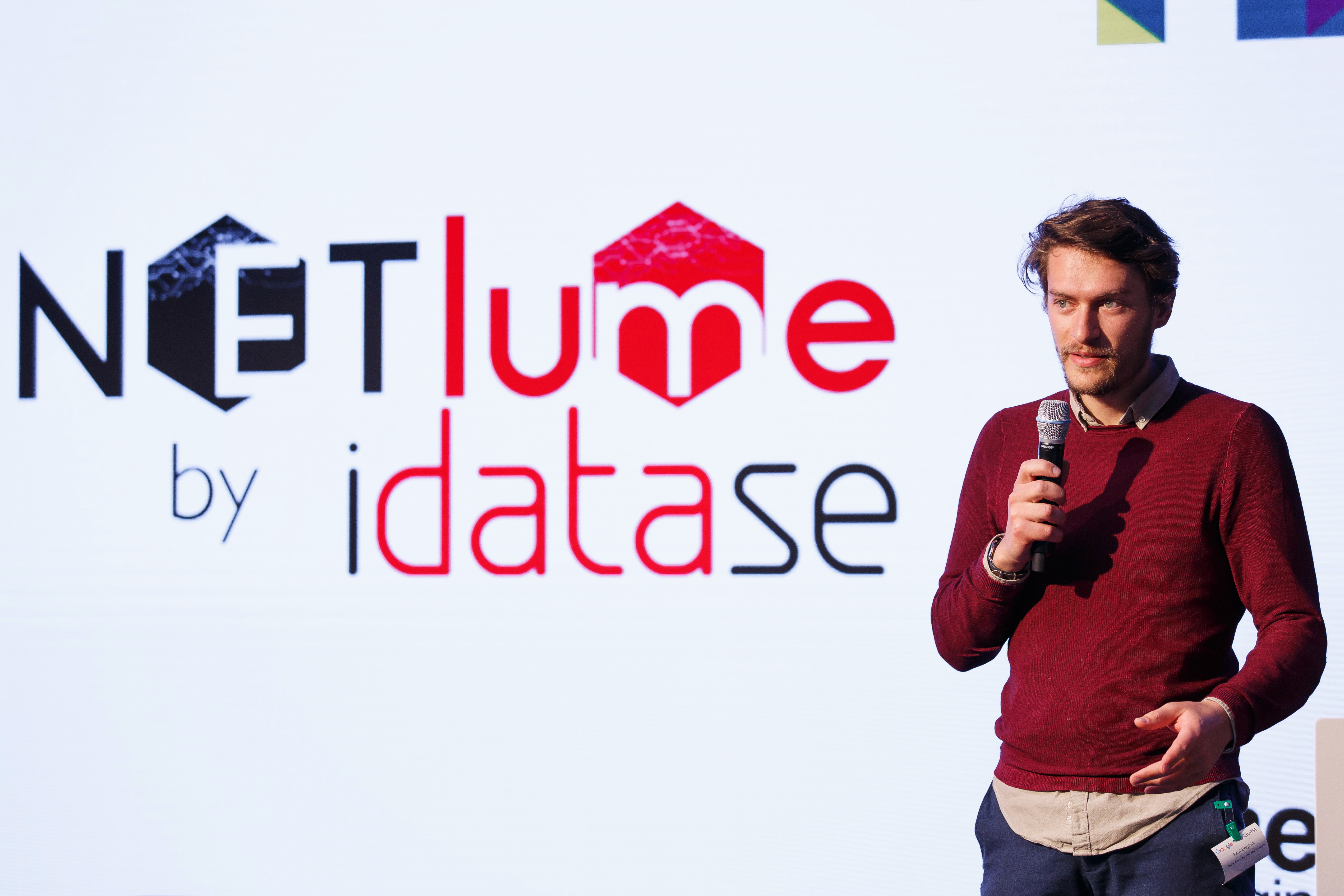Idatase tell us about their aspirations for Data Pitch and beyond.
It is estimated that nearly 75% of Internet of Things (IoT) initiatives within companies fail, due to a lack of expertise or strategy. IoT projects are launched to tackle an individual problem, and as a result, end up unsupported over time.
Germany-based startup Idatase are building the NetLume platform to support the successful implementation of IoT initiatives. We spoke to Co-Founder and CTO Paul Englert about their plans for the next six months of Data Pitch.
What do you hope to achieve on the Data Pitch accelerator?
We have an exciting opportunity to work closely with our Data Provider to build a smart manufacturing product that meets their specific needs.
What shared data will you work with and how will you use it?
We’re working with Greiner Packaging International GmBH (GPI) on the Smart Manufacturing Challenge (harnessing IoT data for tomorrow’s smart factories). We’re using the shared data to identify relevant patterns and structures for our smart factory digital twin, which stores the data generated by GPI’s physical factory.
The insights from the data will enable the creation of a fundamental standard for smart factory applications. This will allow us to tackle a range of analytical challenges in smart factories.
Why do you think it is important for startups to work with large scale data providers?
Having access to a large database means more documentation and records from domain experts around the data, which can be a tremendous help in finding intuitive solutions or validating data-driven ones.
What’s the best thing about working with data?
It is an untapped well of hidden knowledge! Working with data allows you to experience “aha!” moments when you discover patterns you didn’t see before, and you can also see your solutions have real impact.
If you could change one thing about the data ecosystem what would it be?
The current state of the data ecosystem is represented nicely in the phrase “data lake”: everything is just thrown into a big hole without structure or relational links. We need to start organising our digital world if we are to avoid big data simply rediscovering what is already known.

